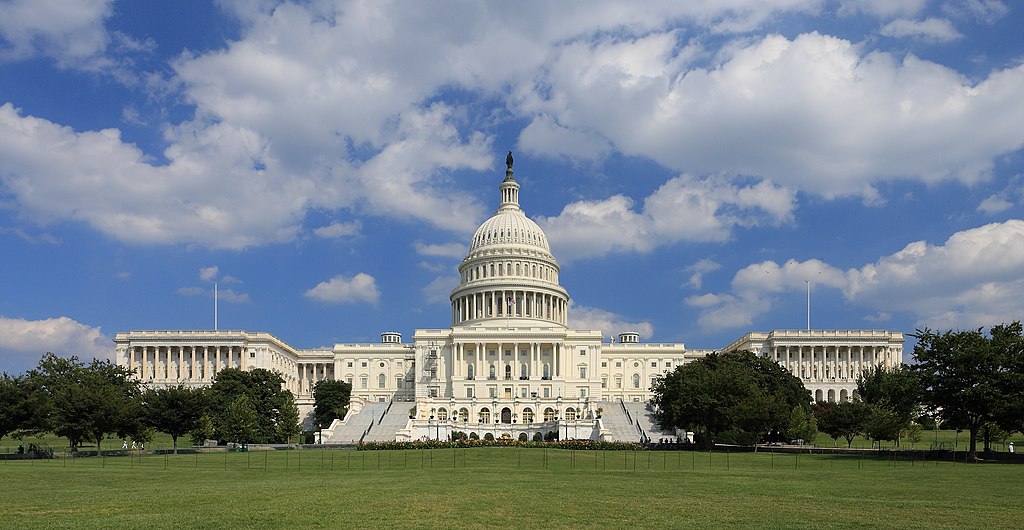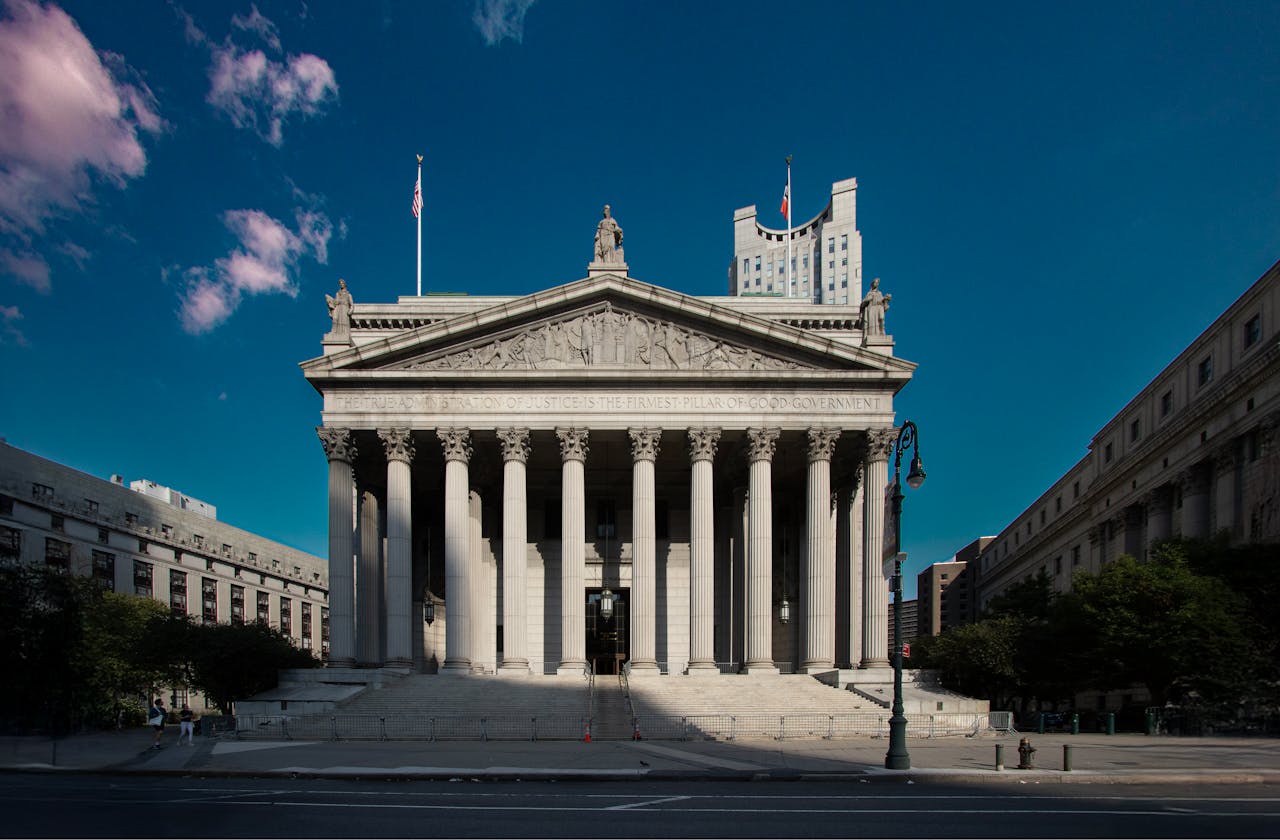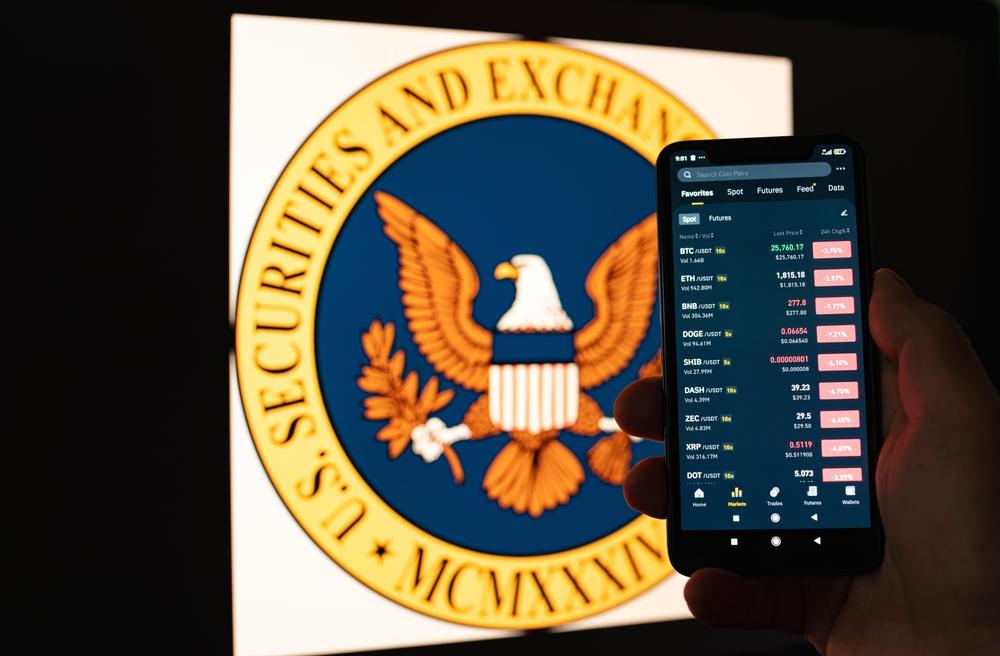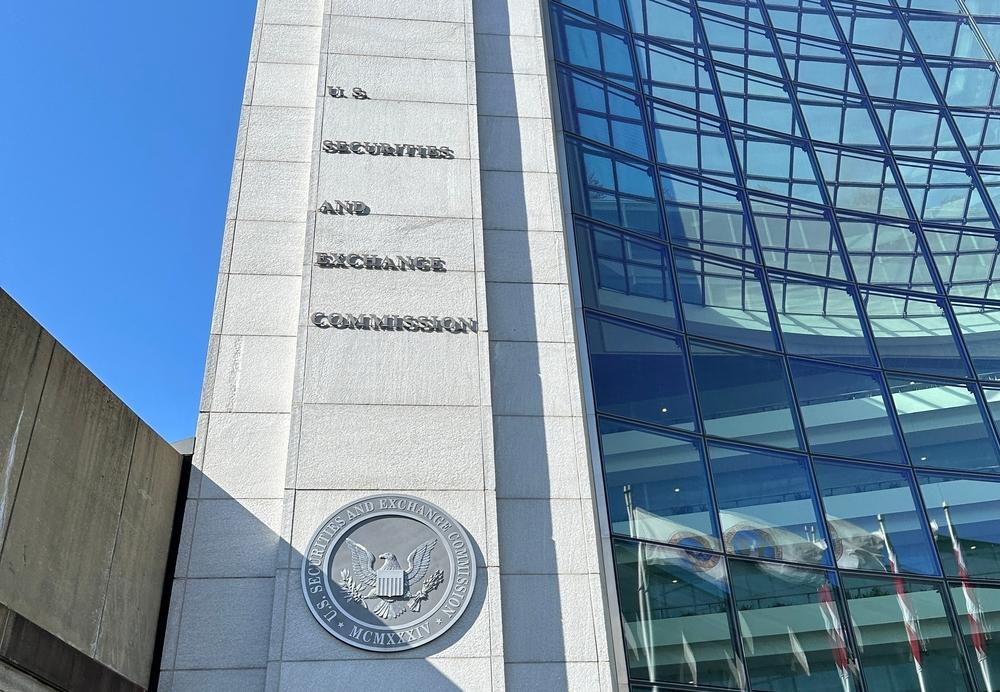The U.S. Congress has released a discussion draft of landmark legislation aimed at establishing a comprehensive regulatory framework for digital assets. Unveiled by the House Financial Services and Agriculture Committees, the bill is designed to provide long-awaited clarity for the crypto industry by defining regulatory roles for the Securities and Exchange Commission (SEC) and Commodity Futures Trading Commission (CFTC).
Representative French Hill called the draft a step toward “much-needed regulatory clarity,” while Representative Glenn “GT” Thompson emphasized its role in protecting consumers, fostering innovation, and closing oversight gaps. The proposed framework builds on the earlier Financial Innovation and Technology for the 21st Century Act (FIT21), which had progressed in the House last year.
The legislation outlines disclosure requirements for crypto projects and sets a path for developers to raise capital under the SEC or register with the CFTC to manage trading of digital commodities. Crucially, it aims to delineate the jurisdiction between the two federal agencies, addressing a long-standing obstacle for U.S. crypto firms.
A joint House hearing is scheduled to further examine the draft’s implications for the future of digital assets. Meanwhile, separate efforts to regulate stablecoins are gaining traction. Stablecoin bills have already passed committee stages in both chambers and await broader votes.
On Monday, three major crypto advocacy groups—the Blockchain Association, Crypto Council for Innovation, and the Digital Chamber—issued a joint statement urging the Senate to advance the GENIUS (Guiding and Establishing National Innovation for U.S. Stablecoins) Act. They stressed that bipartisan legislation is critical to ensuring innovation and stability in the growing stablecoin market.
The new legislative efforts reflect growing urgency in Washington to establish clear rules for the fast-evolving crypto sector amid increasing political scrutiny and industry demand for regulatory certainty.




























Comment 0